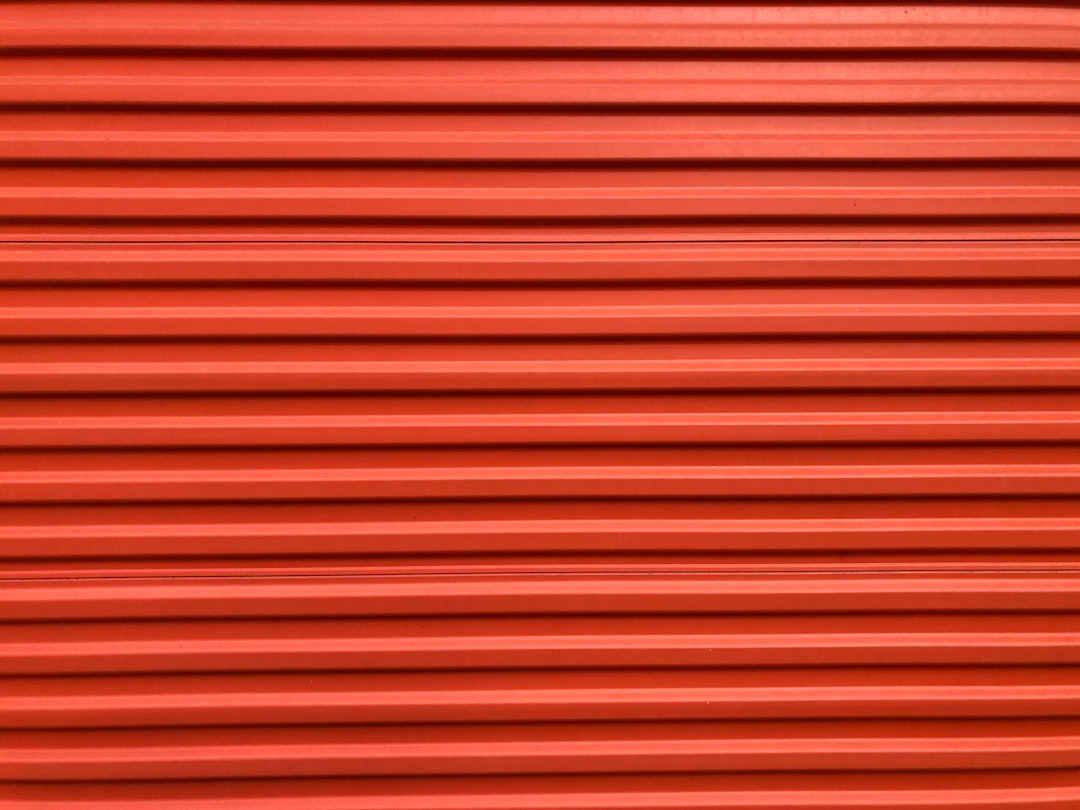
Choosing the best storage tips and strategies is essential for maintaining an organized and clutter-free living space. Here are several factors to consider when selecting the most suitable storage solutions for your needs:
1. Space and Room Layout:
Assess the available space and layout of the room or area you want to organize. Different storage solutions are better suited for small spaces, large rooms, or specific layouts.
2. Storage Needs and Goals:
Determine what you intend to store and your storage goals. Are you looking to declutter, create more space, or simply better organize your belongings?
3. Type of Items to Store:
Consider the types of items you need to store. Some items may require specialized storage solutions, such as clothing, books, kitchen utensils, or sports equipment.
4. Accessibility and Frequency of Use:
Think about how often you need to access the stored items. Items used frequently should be easily accessible, while those used less often can be stored in less accessible spaces.
5. Aesthetic and Style Preferences:
Choose storage solutions that align with your aesthetic preferences and the style of your home. Storage can be both functional and visually appealing.
6. Budget:
Set a budget for your storage solutions. There are options available for various budgets, from affordable DIY solutions to high-end custom storage.
7. DIY vs. Professional Installation:
Decide whether you are comfortable with DIY storage solutions or if you prefer professional installation. Custom-built storage solutions may require professional installation.
8. Storage Containers and Furniture:
Consider the use of storage containers, bins, shelves, cabinets, and furniture pieces that provide storage. These can help keep items organized and hidden.
9. Multi-Functional Furniture:
Opt for multi-functional furniture, such as storage ottomans, beds with storage drawers, or wall-mounted desks with storage space, to maximize your available space.
10. Built-In vs. Stand-Alone Storage:
– Built-in storage can maximize space utilization, but it may not be suitable for all homes. Stand-alone storage units can be more flexible and portable.
11. Seasonal Items:
– Plan for the storage of seasonal items, such as holiday decorations, winter clothes, or outdoor furniture. Ensure you have the appropriate storage solutions for these items.
12. Labeling and Organization:
– Develop a labeling and organization system to make it easy to find stored items. Labels, containers with clear lids, and categorized storage can help maintain order.
13. Safety and Security:
– Consider the safety and security of your stored items, especially if they include valuable or hazardous materials. Lockable storage solutions may be necessary.
14. Space Optimization:
– Explore storage solutions that optimize vertical space, such as wall-mounted shelves, pegboards, or hanging storage systems.
15. Environmental Factors:
– Be aware of environmental factors that may affect your stored items, such as temperature, humidity, or exposure to light. Choose storage solutions that protect your items accordingly.
16. Maintenance and Upkeep:
– Some storage solutions may require regular maintenance or cleaning. Consider your willingness and ability to maintain the chosen storage options.
17. Future Needs:
– Anticipate your future storage needs. Select storage solutions that are flexible and adaptable, allowing for changes as your needs evolve.
18. Reviews and Recommendations:
– Before making a decision, read reviews and seek recommendations from others who have used similar storage solutions. This can help you choose the most effective options.
By considering these factors, you can select the best storage tips and solutions that are tailored to your specific needs, budget, and preferences, resulting in a well-organized and clutter-free living space.